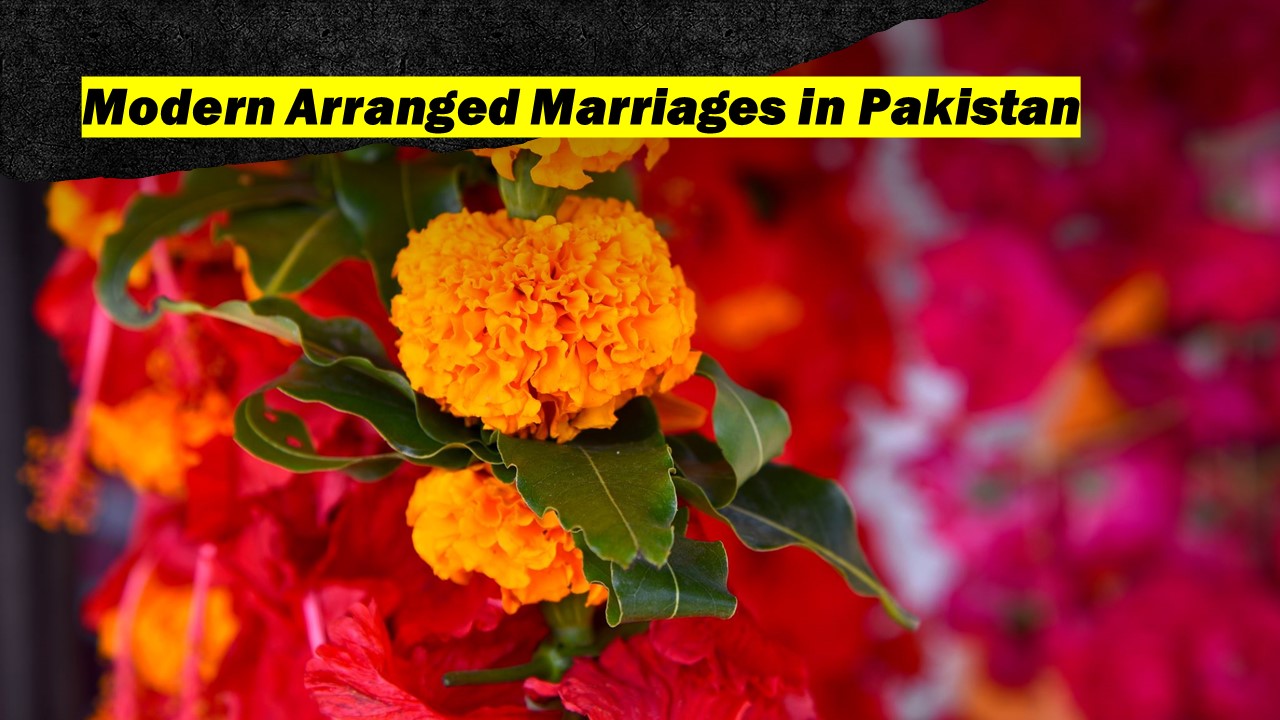Traditional marriages in Pakistan were formed through arranged marriages. Most of them were endogamous marriages, when parents or other senior family members arranged marriages between the groom and the bride within the same extended family or community clan. Consanguineous marriages ensured the family’s socio-economic status. They permitted people to keep their familial bonds and assets within the same social group.
The traditional marriages in Pakistan have functioned to preserve families socio-economic status and relationships.
These arranged marriages fulfilled family responsibilities for financial, social, and economic security. Love and romance were of secondary importance in these matters. Modern social and economic changes in Pakistani society and ethnic communities have substantially transformed cultural attitudes toward arranged marriages.
However, in recent decades, the modern cultural evolution of marriages in Pakistan has changed the way men and women marry.
Love Can Be Compatible with Arranged Marriages in Pakistan
Modern cultural norms and people try to accommodate the possibility of love in a traditional Pakistani arranged marriage. As previously stated, parents allow their children to have a certain freedom in relationships before committing to marriage. Nevertheless, many young boys and girls come to their parents for their advice and direction in making important life decisions, including marriage. They appreciate their opinions.
It appears that in many cases, love marriages are intertwined with arranged marriages and keep children, parents, and society happy. Many young people know that keeping their parents in the loop when they make big decisions is in their own best interest. This way, both parents and children are involved in making the decision. Senior members of the family feel like they participate and offer advice. This gives them an opportunity to “save face” in the community because it appears that they are playing up their part in the marriage. Children are also happy because they are able to make their own decisions in the selection of their marital partner for life (Ahmed, 2021).
New Cultural Forms of Arranged Marriage in Pakistan
Other boys and girls may use another, new version of arranged marriage. They are set up by adults in the family. And then they get to know the other person and decide if they will marry them. Zara Ahmed describes such an experience as follows:
“This is how my marriage evolved. I was introduced to my husband through our families, we spoke on the phone, were permitted to travel to see each other, and then allowed the parents to hash out the details.” (Ahmed, 2021, p. 5).
This form of mixed “arranged” and “love” marriages is the new norm in Pakistani culture. It gives both parents and children satisfaction. In particular, “women can self-make and build toward a future of financial security and emotional fulfillment in an environment of limited options and considerable patriarchal control” (Maqsood, 2021, p. 94).
The New Cultural Forms of Marriage in Pakistan
The cultural changes in modern Pakistani society change the ways older and younger people view marriage. Now, marriage is not simply a responsibility or an obligation that needs to be taken on. Modern young adults prefer to “create families and homes around companionship and understanding. It is time for parents to shed caste and creed, as this matters very little to the ultimate happiness of their children and future generations” (Nazir, 2021).
These changes take place even though some adults of the past generation may not feel convinced of their reality. These changes are able to make a difference in Pakistani culture. Religion is still respected, and cultural changes are becoming more accepted.
